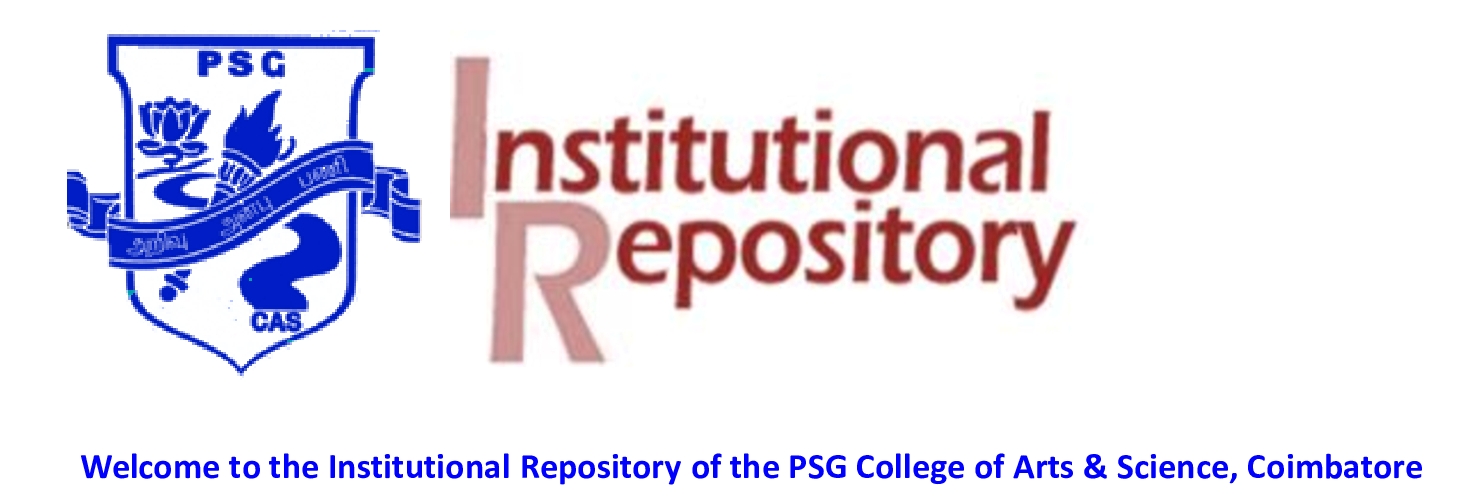Nagarani, C (2021) Trust level evaluation based asymmetric cryptography protocol for flexible access control in fog computing. TRUST LEVEL EVALUATION BASED ASYMMETRIC CRYPTOGRAPHY PROTOCOL FOR FLEXIBLE ACCESS CONTROL IN FOG COMPUTING, 13 (03). pp. 109-121. ISSN 0974 - 9322 (Submitted)
Integrating Physical, Cultural, and Psychological Factors in Understanding Employee Job Security Ensuring Stability.pdf - Published Version
Download (646kB)
Abstract
The foremost problems in the fog-enabled cloud computing model are security guarantees and data Access
Control (AC) because of the imitation of data by invaders. To enhance the security of this system, an
Extended Communication Latency-based Authentication Scheme (ECLAS) that solves the mobility and
similar locality legitimate login failures via applying two-factor authentication and a keystroke dynamics
computation with obfuscated Round Trip Latency (RTL) of each users. But, the data need to accessed by
other user should fulfill an be expected authentication and defend against dishonest access or login. So,
data AC at cloud or fog nodes is greatly essential in many applications of fog-enabled cloud systems.
Therefore in this article, a Flexible AC (FAC) protocol is introduced with the ECLAS for controlling the
data access in fog-enabled cloud systems according to the trust estimated by the user in the cloud and
reputations created by the amount of fog nodes in a flexible way via applying the Elliptic Curve
Cryptography (ECC) and Proxy Re-Encryption (PRE). In this scheme, multi-dimensional controls are
proposed on cloud and fog data access according to the strategies set by the user. The user encrypts its
information with asymmetric secret key and this key is split into many segments for supporting different
control policies. So, the user encrypts various segments of secret key with different encryption keys which
are accordingly handled by the user and an amount of fog nodes regarding various reputation
characteristics in different scenarios. Then, the user or fog nodes manage the data access using data
encryption by the user. Finally, the experimental results exhibit the effectiveness of the proposed FAC as
compared to the state-of-the-art AC schemes.
| Item Type: | Article |
|---|---|
| Uncontrolled Keywords: | Fog computing, Cloud computing, Extended CLAS, Access Control, Trust, Reputation, Elliptic curve encryption. |
| Divisions: | PSG College of Arts and Science > Department of Computer Science |
| Depositing User: | Dr. B Sivakumar |
| Date Deposited: | 06 Sep 2024 09:21 |
| Last Modified: | 06 Sep 2024 10:02 |
| URI: | https://ir.psgcas.ac.in/id/eprint/2218 |

